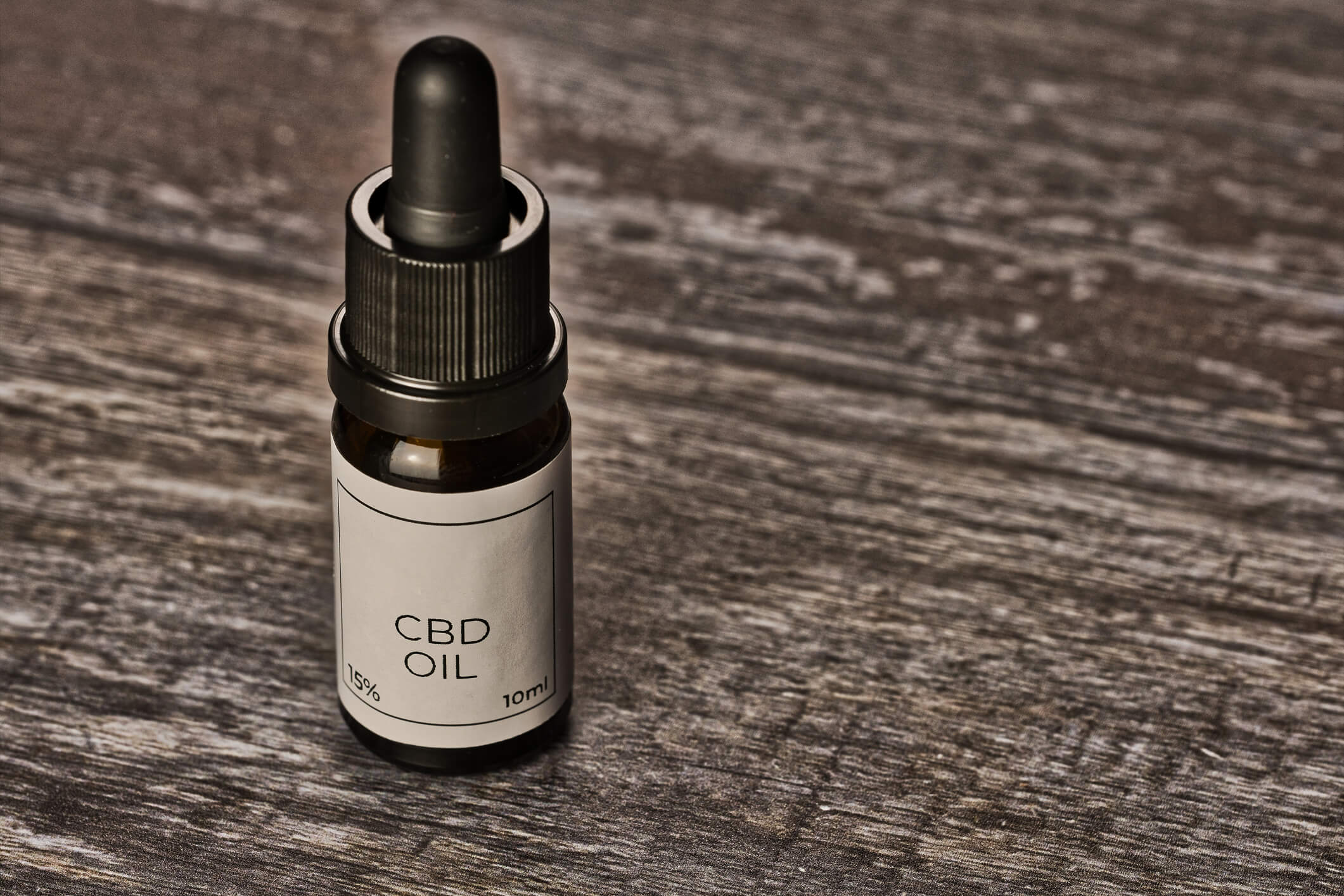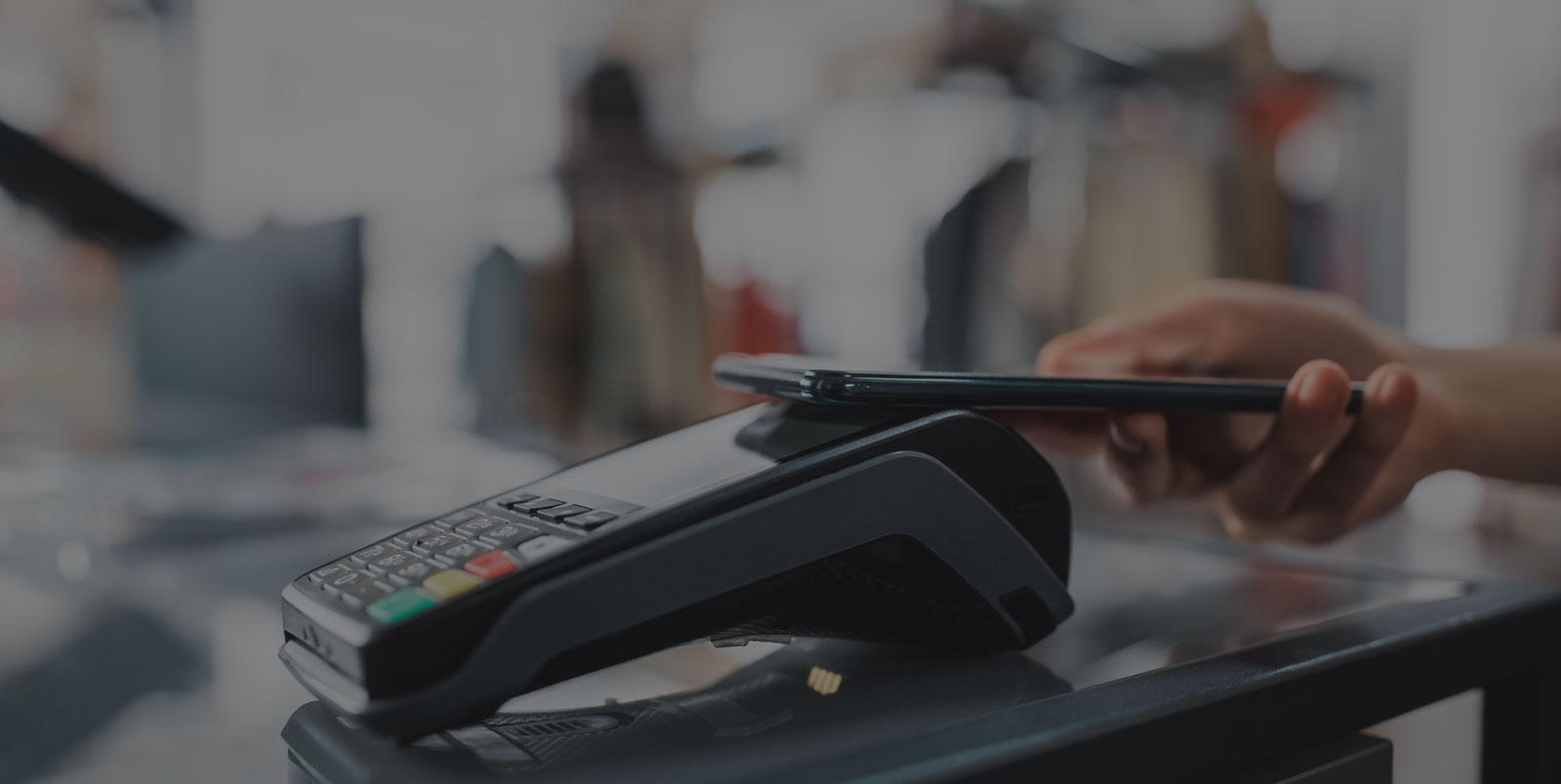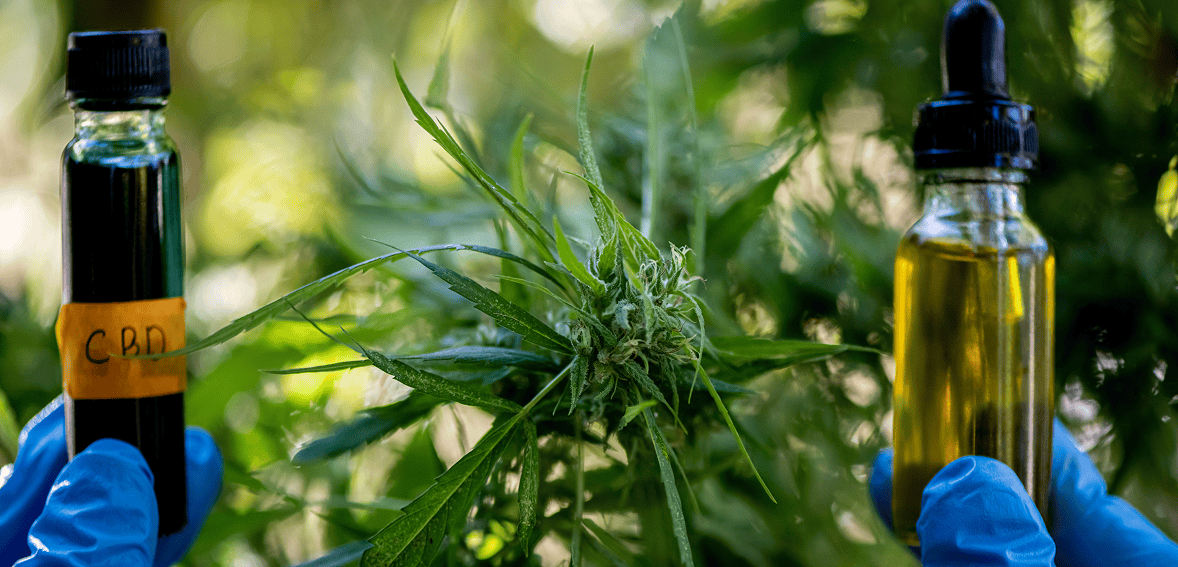
By admin July 12, 2024
Payment processing for CBD oil businesses is considered high-risk due to various factors, including the complex legal landscape and the stigma surrounding CBD oil. This article aims to provide a comprehensive understanding of why payment processing for CBD oil is considered high-risk and explore the challenges faced by payment processors in this industry. Additionally, it will discuss the available payment processing solutions for CBD oil businesses and address frequently asked questions to provide a well-rounded perspective on the topic.
Understanding the CBD Oil Industry
The CBD oil industry has experienced significant growth in recent years, driven by the increasing popularity of CBD products for their potential health benefits. CBD, or cannabidiol, is a non-intoxicating compound derived from the cannabis plant. It is known for its therapeutic properties and is used in various forms, including oils, tinctures, capsules, and topicals.
The demand for CBD oil products has surged due to the growing acceptance and legalization of cannabis in many countries. According to a report by Grand View Research, the global CBD oil market size was valued at USD 2.8 billion in 2020 and is expected to expand at a compound annual growth rate (CAGR) of 21.2% from 2021 to 2028.
The Complex Legal Landscape
One of the primary reasons why payment processing for CBD oil is considered high-risk is the complex legal landscape surrounding CBD. While CBD derived from hemp (a variety of cannabis with low THC content) is legal in many countries, the legality of CBD derived from marijuana (a variety of cannabis with high THC content) varies.
In the United States, for example, the 2018 Farm Bill legalized hemp-derived CBD products with a THC content of 0.3% or less. However, marijuana-derived CBD is still classified as a Schedule I controlled substance under federal law. This discrepancy between federal and state laws creates uncertainty and challenges for payment processors, as they must navigate the legal requirements of each jurisdiction.
Similarly, other countries have their own regulations regarding CBD oil, making it difficult for payment processors to ensure compliance and mitigate legal risks. This lack of uniformity in CBD regulations contributes to the high-risk nature of payment processing for CBD oil businesses.
The Stigma Surrounding CBD Oil
Another factor that contributes to the high-risk nature of payment processing for CBD oil is the stigma surrounding CBD and its association with marijuana. Despite the growing acceptance of CBD for its potential health benefits, there is still a significant amount of misinformation and misconceptions about CBD.
Many people still associate CBD with marijuana and believe that it can cause intoxication or impairment. This stigma creates challenges for payment processors, as they may face resistance from financial institutions and customers who are hesitant to engage with CBD-related businesses.
Furthermore, the lack of clear regulations and guidelines for CBD marketing and advertising exacerbates the stigma surrounding CBD oil. CBD businesses often face restrictions on advertising platforms, making it difficult to promote their products and reach their target audience. This limited marketing and advertising opportunities further increase the risks associated with payment processing for CBD oil businesses.
The High-Risk Nature of CBD Oil
In addition to the complex legal landscape and stigma, there are inherent financial and regulatory risks associated with payment processing for CBD oil businesses.
The Financial Risks for Payment Processors
CBD oil businesses are considered high-risk by financial institutions and payment processors due to the potential for chargebacks and fraud. The nature of the industry, with its rapid growth and evolving regulations, attracts unscrupulous merchants who may engage in fraudulent activities.
Chargebacks occur when customers dispute a transaction and request a refund from their credit card issuer. In the CBD oil industry, chargebacks can be more prevalent due to various factors, including customer dissatisfaction, product quality issues, or regulatory non-compliance. High chargeback ratios can result in financial losses for payment processors, making them cautious about providing services to CBD oil businesses.
The Regulatory Challenges
CBD oil businesses face regulatory challenges that pose risks for payment processors. As mentioned earlier, the legal landscape surrounding CBD is complex and varies from jurisdiction to jurisdiction. Payment processors must ensure that the CBD oil businesses they work with comply with all applicable laws and regulations.
Failure to comply with regulations can result in legal consequences, fines, and reputational damage. Payment processors must conduct thorough due diligence on CBD oil businesses to mitigate these risks. However, the lack of clear guidelines and the evolving nature of CBD regulations make it challenging for payment processors to stay updated and ensure compliance.
Payment Processing Solutions for CBD Oil Businesses
Despite the high-risk nature of payment processing for CBD oil businesses, there are solutions available to facilitate transactions in this industry.
High-Risk Merchant Accounts
High-risk merchant accounts are specifically designed to cater to businesses operating in high-risk industries, such as CBD oil. These accounts provide payment processing solutions tailored to the unique needs and risks associated with high-risk businesses.
High-risk merchant account providers specialize in assessing and managing the risks associated with CBD oil businesses. They have expertise in navigating the complex legal landscape and can help CBD oil businesses establish reliable payment processing solutions. However, it is important for CBD oil businesses to choose reputable and experienced high-risk merchant account providers to ensure reliable and compliant payment processing services.
Alternative Payment Methods
In addition to high-risk merchant accounts, CBD oil businesses can explore alternative payment methods to mitigate risks and provide convenient options for their customers. These alternative payment methods include cryptocurrency payments, e-wallets, and direct bank transfers.
Cryptocurrency payments, such as Bitcoin, offer a secure and decentralized payment option for CBD oil businesses. E-wallets, such as PayPal or Skrill, provide a convenient and widely accepted payment method. Direct bank transfers allow customers to transfer funds directly from their bank accounts to the CBD oil business, eliminating the need for credit card transactions.
By diversifying payment options, CBD oil businesses can reduce their reliance on traditional credit card processing and mitigate the risks associated with payment processing in this high-risk industry.
Frequently Asked Questions (FAQs)
Q.1: What is CBD oil, and why is it gaining popularity?
CBD oil is a product derived from the cannabis plant that is believed to have potential health benefits, such as pain relief and anxiety reduction. It is gaining popularity due to increased awareness of its potential therapeutic properties and the growing demand for natural remedies.
Q.2: Is CBD oil legal in all states?
The legal status of CBD oil varies from state to state in the United States. While the 2018 Farm Bill legalized the cultivation and sale of hemp-derived CBD products with less than 0.3% THC, some states have stricter regulations and may still consider CBD oil illegal.
Q.3: How is CBD oil different from marijuana?
CBD oil is derived from hemp, a variety of cannabis with low levels of THC. THC is the psychoactive compound responsible for the “high” associated with marijuana. CBD oil contains minimal THC and does not produce the same intoxicating effects as marijuana.
Q.4: Are there any health risks associated with using CBD oil?
While CBD oil is generally considered safe, there are potential health risks associated with its use. Some people may experience side effects such as drowsiness, dry mouth, and changes in appetite. Additionally, the long-term effects of CBD oil are still not well understood.
Q.5: Why is it difficult for CBD merchants to find payment processors?
CBD merchants face challenges in finding payment processors due to the high-risk nature of the industry. The association with cannabis, legal uncertainties, high chargeback rates, and lack of regulation make payment processors hesitant to support CBD merchants.
Q.6: What are the main challenges faced by CBD merchants in the payment processing industry?
CBD merchants face challenges such as limited payment options, higher processing fees, potential account closures, and difficulty in finding reliable and compliant payment processors. These challenges can disrupt their businesses and hinder their growth.
Q.7: Are there any alternative payment solutions for CBD merchants?
Yes, there are alternative payment solutions available for CBD merchants, such as specialized high-risk payment processors, cryptocurrency payments, and alternative payment methods like e-wallets and prepaid cards. However, these solutions may come with higher fees and additional compliance requirements.
Q.8: How can CBD merchants mitigate the risks associated with payment processing?
CBD merchants can mitigate risks by ensuring compliance with applicable laws and regulations, providing transparent product information, implementing robust quality control measures, and working with reputable payment processors that specialize in high-risk industries.
Q.9: What are the potential consequences of using unreliable payment processors?
Using unreliable payment processors can lead to financial losses, account freezes or closures, and damage to a CBD merchant’s reputation. Unreliable payment processors may also result in delayed or withheld funds, which can disrupt cash flow and hinder business operations.
Q.10: Are there any changes expected in the future regarding payment processing for CBD oil?
The CBD industry is evolving rapidly, and changes in payment processing regulations and practices are expected. As CBD becomes more mainstream and regulations become clearer, it is likely that more payment processors will enter the market and offer solutions tailored to the needs of CBD merchants.
Conclusion
Payment processing for CBD oil is considered high-risk due to the complex legal landscape, the stigma surrounding CBD, financial risks, and regulatory challenges. However, there are solutions available, such as high-risk merchant accounts and alternative payment methods, to facilitate transactions in this industry. By understanding the risks and exploring the available options, CBD oil businesses can establish reliable and compliant payment processing solutions to support their growth and success in this rapidly expanding market.


